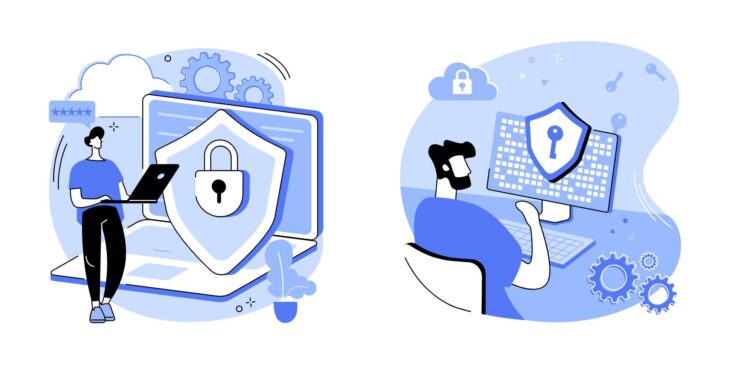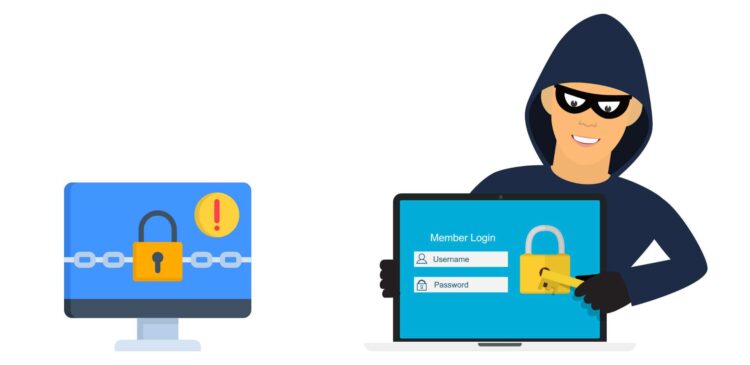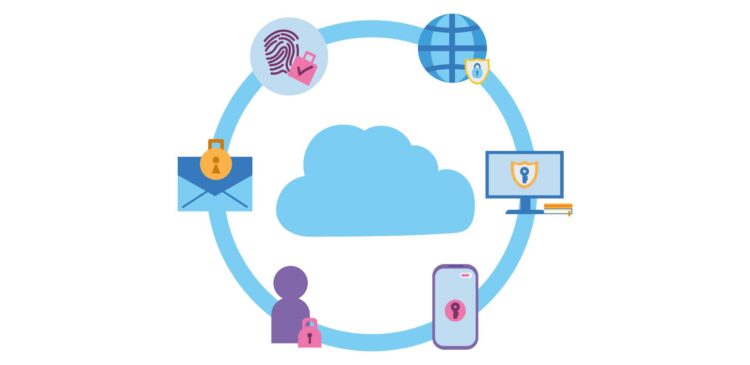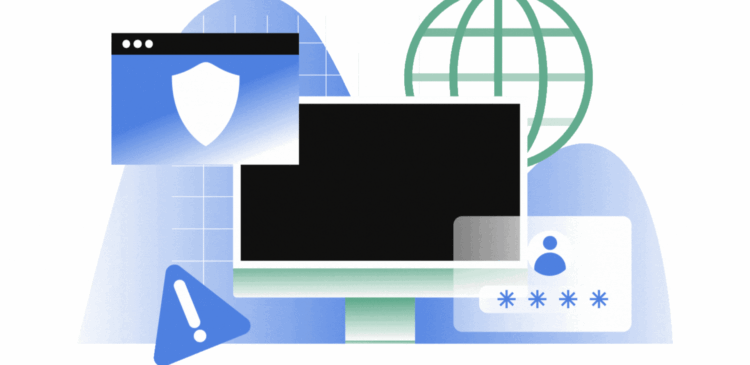Hacking Explained. How to Protect Yourself from Cyber Threats in 2025

Hacking Explained. How to Protect Yourself from Cyber Threats in 2025
In today’s hyper-connected world, the word “hacking” often conjures images of masked cybercriminals breaking into secure systems, stealing data, and wreaking havoc. While Hollywood dramatizes hacking for entertainment, the reality is far more nuanced and relevant to our daily lives. Whether you’re a business owner, student, or everyday internet user, understanding what hacking means and how it impacts cybersecurity is essential.
Hacking has evolved from a niche tech skill to a global concern affecting millions daily. With cyberattacks increasing in frequency and sophistication, individuals and businesses must prioritize digital defense. Many security breaches stem from preventable mistakes, from weak passwords to unpatched software. Staying informed about the latest threats, like AI-powered phishing or cryptojacking, can help you stay one step ahead. Whether securing personal accounts or strengthening corporate networks, understanding hacking is no longer optional—it’s essential for surviving and thriving in the digital era.

Hacking Explained. How to Protect Yourself from Cyber Threats in 2025
What Is Hacking?
At its core, hacking is manipulating computer systems or networks to gain unauthorized access to data or control over devices. While the term has negative connotations, not all hackers are malicious. There are different types of hackers:
White-hat hackers: These individuals use their skills ethically to find vulnerabilities and help organizations improve security.
Gray-hat hackers fall somewhere in between, sometimes breaking laws or ethical guidelines without malicious intent.
Black-hat hackers are the cybercriminals exploiting weaknesses for personal gain, financial fraud, or disruption.
Hacking techniques vary widely, from phishing scams and malware attacks to brute-force password cracking and ransomware deployment. As technology evolves, so too do the methods used by attackers.

Why Should You Care About Hacking?
You might think that hacking only affects big corporations or government agencies, but small businesses and individual users are increasingly targeted. A hacked email account can lead to identity theft, while a compromised website can damage your brand and erode customer trust. For businesses, the consequences can be even more severe—data breaches can result in legal penalties, financial losses, and reputational harm.
Moreover, as we become more reliant on smart devices—from home assistants to connected cars—the potential attack surface for hackers continues to grow. This makes cybersecurity an IT issue and a personal safety concern.
Common Types of Hacking Attacks
Understanding common hacking tactics can help you better protect yourself or your organization:
Phishing: Fraudulent emails or messages that trick users into revealing sensitive information.
Malware: Malicious software like viruses, worms, or spyware that infects systems.
Ransomware: A type of malware that encrypts files and demands payment for decryption.
DDoS Attacks: Distributed Denial of Service attacks overwhelm servers, making websites inaccessible.
Man-in-the-Middle (MitM) Attacks: Hackers intercept communications between two parties to steal data.
These attacks can be launched with surprisingly little effort using online tools, so it’s crucial to stay informed and proactive about security.

Hacking Explained. How to Protect Yourself from Cyber Threats in 2025
How to Protect Yourself From Hacking
The good news is that many hacking attempts can be prevented with basic cybersecurity practices:
Use strong, unique passwords and consider a password manager.
Enable two-factor authentication (2FA) wherever possible.
Keep software and operating systems up to date.
Be cautious of suspicious emails, links, and downloads.
Regularly back up important data to secure locations.
Investing in penetration testing, employee training, and robust firewalls can significantly reduce businesses’ risk. Hiring ethical (white-hat) hackers to test system defenses is also becoming a standard practice in the industry.
Final Thoughts
Hacking isn’t going away—it’s a constant battle in the digital age. However, with awareness, education, and the right tools, individuals and organizations can defend against threats and minimize damage when breaches occur. Whether you’re curious about cybersecurity or concerned about your digital safety, taking steps to understand and prevent hacking is more critical than ever.
By staying informed and vigilant, you can protect your data, privacy, and peace of mind in an increasingly vulnerable digital landscape.
